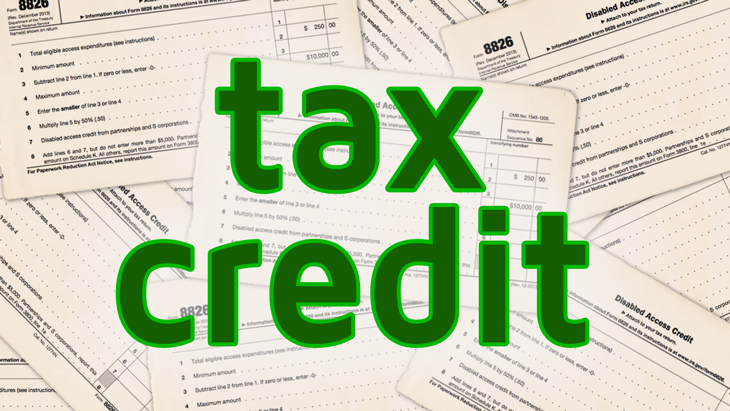It’s been said that “only two things are certain in life — death and taxes”. Although this is a funny little saying, it also seems very true, doesn’t it?
What is the Tax Credit for Closed Captioning?
Well, here’s a little tip that may save your small business some money.
If you have closed-captioned programming, you may be eligible to receive a tax credit for providing accessibility to persons with disabilities.
This tax credit is called the Disabled Access Credit and is reported on IRS Form 8826.
How Does the Tax Credit for Closed Captioning Benefit Small Businesses?
Your small business could qualify to receive a tax credit of up to half of your closed-captioning expenses. Do the math.
If you’ve closed-captioned a weekly show, you may have up to $5,000 in tax credits.
Of course, every situation is different, so you need to consult a tax professional to see if your situation qualifies.
Key Information on the Disabled Access Credit
Here’s some info as provided by the U.S. Department of Labor.
Eligibility for the Tax Credit for Closed Captioning
Who Is Eligible for the Disabled Access Credit?
Small businesses are eligible if they, in the previous year, earned a maximum of $1 million in revenue or had 30 or fewer full-time employees.
What Is the Maximum Amount You Can Claim for the Tax Credit?
The credit is 50% of expenditures over $250, not to exceed $10,250, for a maximum benefit of $5,000.
The credit amount is subtracted from the total tax liability.

Ben Kalb
Ben is a broadcast engineer and creator of StationDrop. With a longevity in the broadcast industry, over 20 years, Ben has experience with everything from 1” tape reels to completely file-based workflows. Recently, Ben has broken into the world of coffee. Ask him about his latest brew.


